TradeMark Africa drives engagements to streamline and boost trade in West Africa
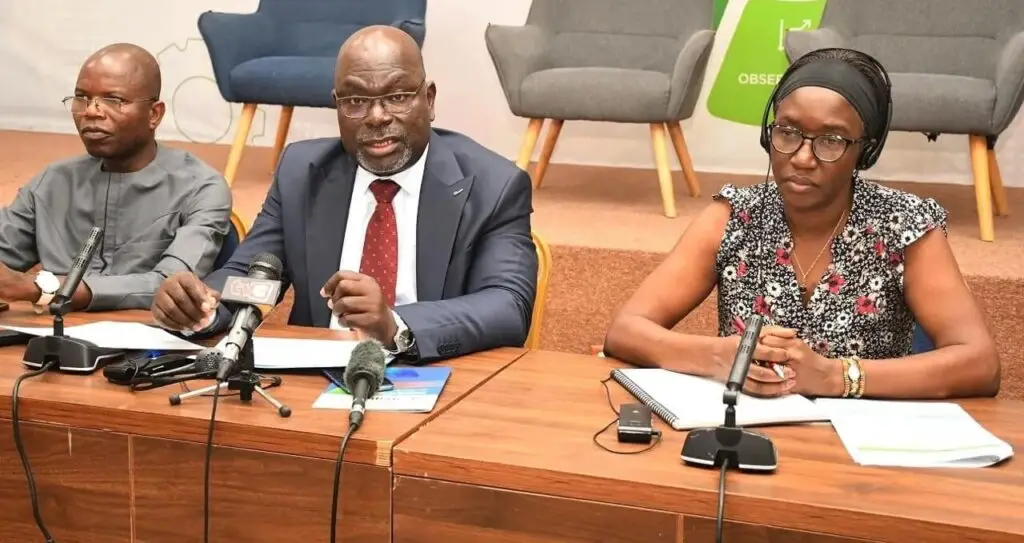
The Ministry of Commerce and Industry of Cote d’Ivoire in collaboration with TradeMark Africa (TMA) recently convened a two-day meeting for trade facilitation officials from Ghana and Côte d’Ivoire to deliberate on measures to enhance trade efficiencies between the two countries, focusing primarily on deepening customs cooperation. Facilitated with support from the UK International Development, […]
Tanzania Government and TradeMark Africa Launches National Trade Policy to Boost Global Competitiveness
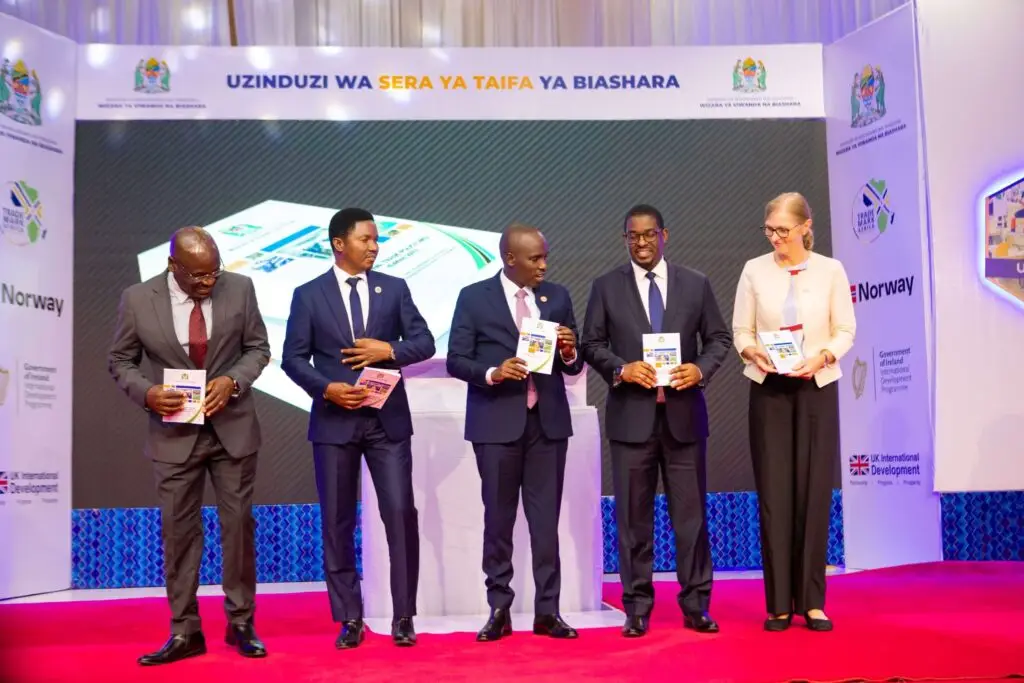
Yesterday, 30 July 2024, marked a historic milestone for Tanzania’s trade landscape. The Government of the United Republic of Tanzania, through the Ministry of Industry and Trade, in collaboration with TradeMark Africa (TMA), launched the Tanzania National Trade Policy (NTP) 2023 Edition. This policy represents a significant advancement in Tanzania’s trade development, emphasising enhanced policy […]
$400 Million in Staple Foods Traded at the Eastern and Southern Africa Grain Trade Forum
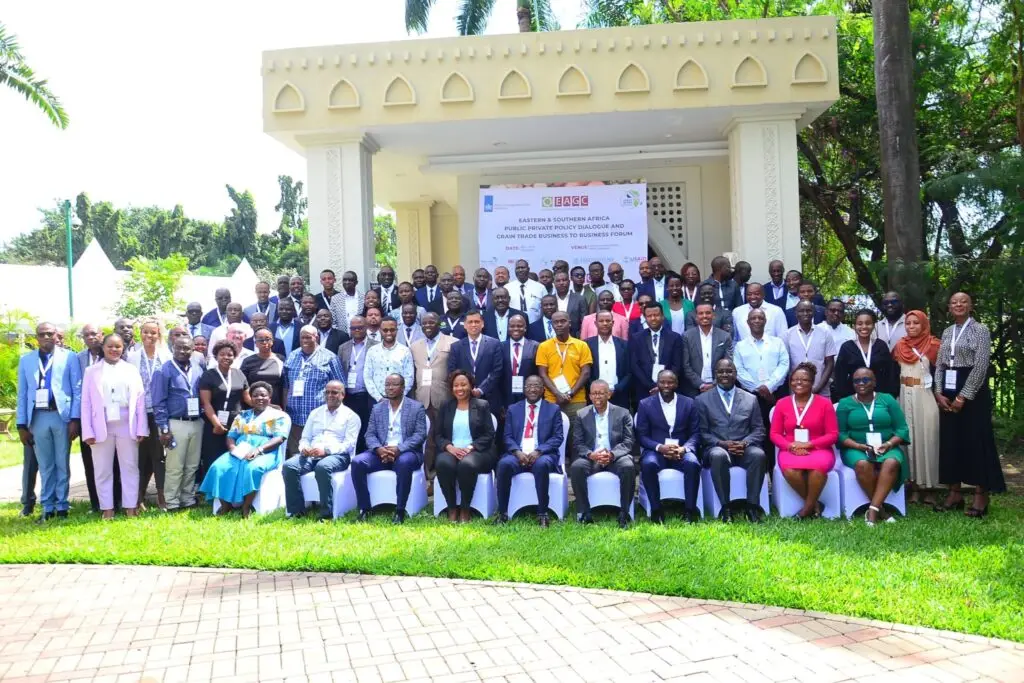
The recently concluded Eastern and Southern Africa Grain B2B Forum in Dar es Salaam was a resounding success, with an impressive $400 million in staple foods traded. Hosted by TradeMark Africa (TMA), the Eastern Africa Grain Council (EAGC), and the Alliance for a Green Revolution in Africa (AGRA), the event brought together 150 delegates from […]
Le secteur kenyan de la production de fruits et légumes frais s’engage sur la voie d’une logistique durable
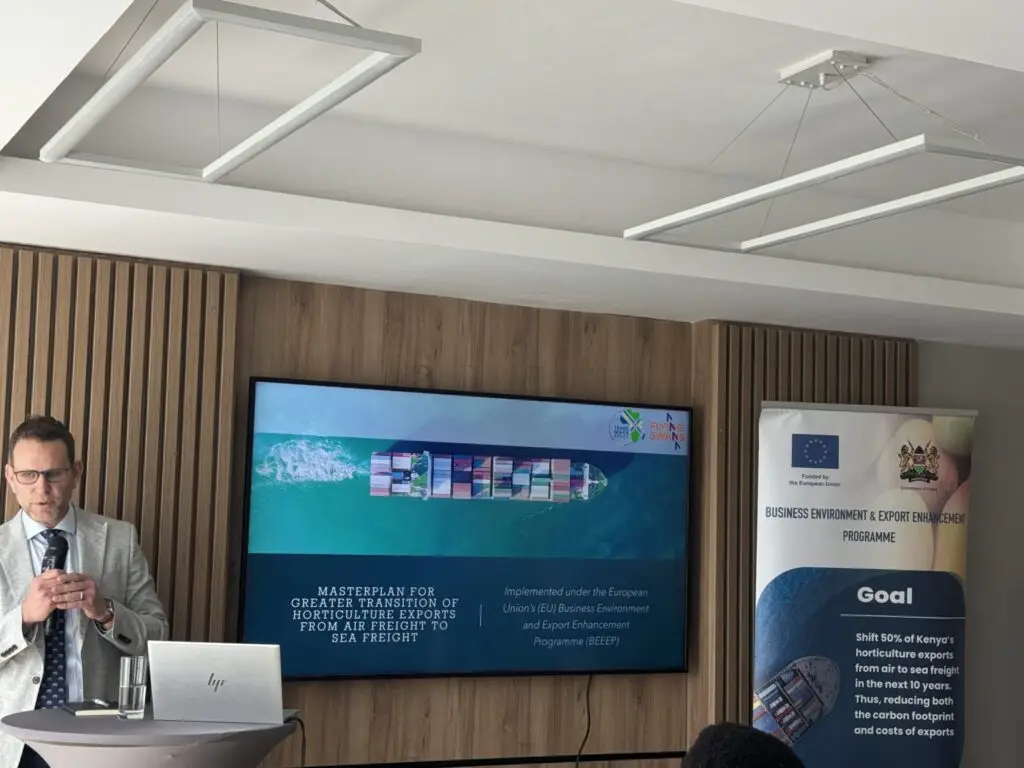
Le secteur kenyan des produits frais vise une double victoire : réduire les émissions de gaz à effet de serre et se tailler une plus grande part du marché mondial de l’exportation en améliorant sa compétitivité. Afin d’explorer la voie à suivre pour y parvenir, le groupe de travail sur la logistique du BEEEP s’est […]
Kenya’s fresh produce sector charts a sustainable logistics path forward

Kenya’s fresh produce sector is aiming for a double win: reducing greenhouse gas emissions and carving a bigger portion of the global export market by enhancing its competitiveness. To explore the way forward in achieving this, the BEEEP Logistics Working Group convened on 25 June 2024 to validate the study, “Masterplan for greater transition of […]
Embracing Resilience: A Call to Action on World Food Safety Day
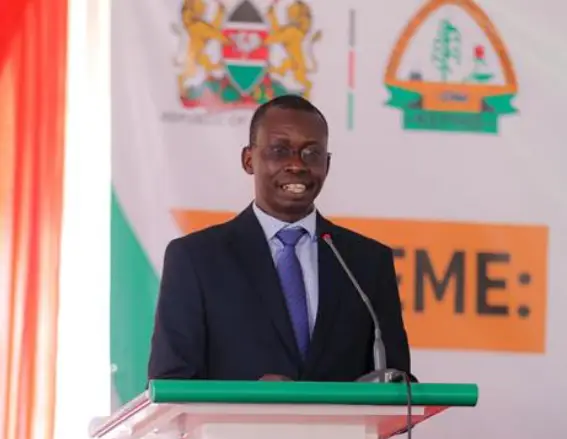
This World Food Safety Day, under the theme “Prepare for the Unexpected,” we spotlight the critical challenges and innovative strides in combating aflatoxin contamination—a persistent threat to food security and public health in East Africa. At TradeMark Africa, our commitment to safeguarding our food systems is demonstrated through our extensive efforts to enhance food safety and facilitate […]
The AfCFTA, Mastercard Foundation and TradeMark Africa Collaborate on a Four-Year Fisheries Program to Empower Women and Youth in Africa
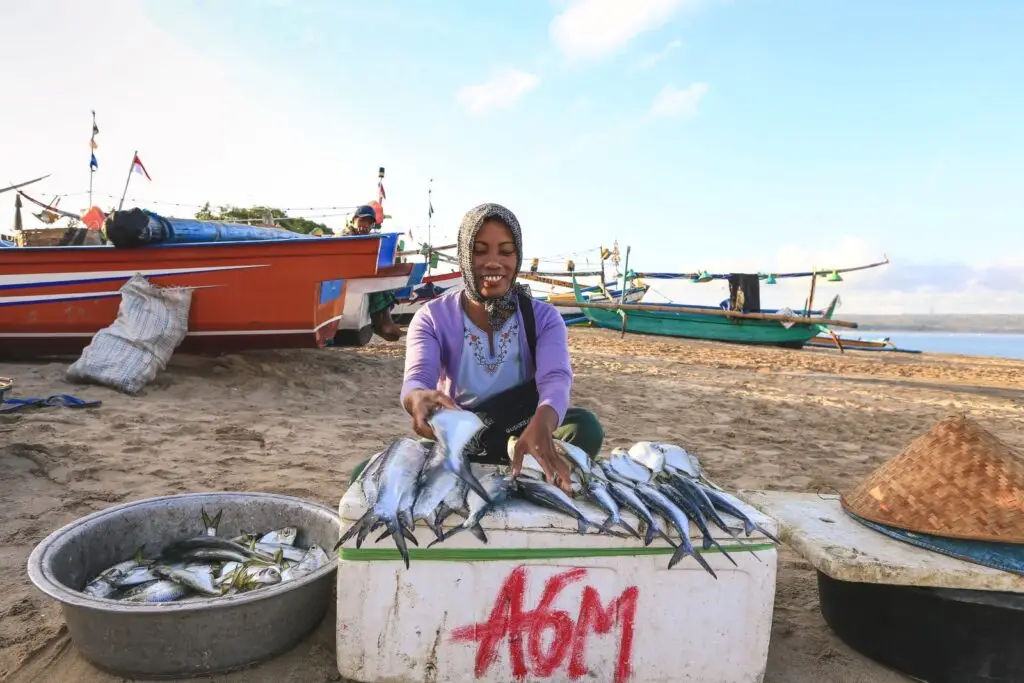
United Republic of Tanzania, Zanzibar, 25 June 2024: The African Continental Free Trade Area (AfCFTA) Secretariat, in partnership with the Mastercard Foundation and TradeMark Africa, has announced a four-year fisheries program to be implemented across seven countries to enable over 240,000 work opportunities and boost trade in fish and fish products by about $100 million by 2028. […]
Kenya’s Anti-Counterfeit Agency Launches Digital System to Combat Intellectual Property Rights

The Kenyan Anti-Counterfeit Authority (ACA) has launched the Integrated Information Management System (AIMS), a digital system designed to combat counterfeiting and safeguard intellectual property (IP) rights and the commercial interests of businesses. The system was unveiled during the opening of the 2nd International Symposium on Intellectual Property Protection and Enforcement (ISIPPE) at the Kenyatta International Conference […]
Greening Growth: TradeMark Africa’s Climate-Conscious Commitment
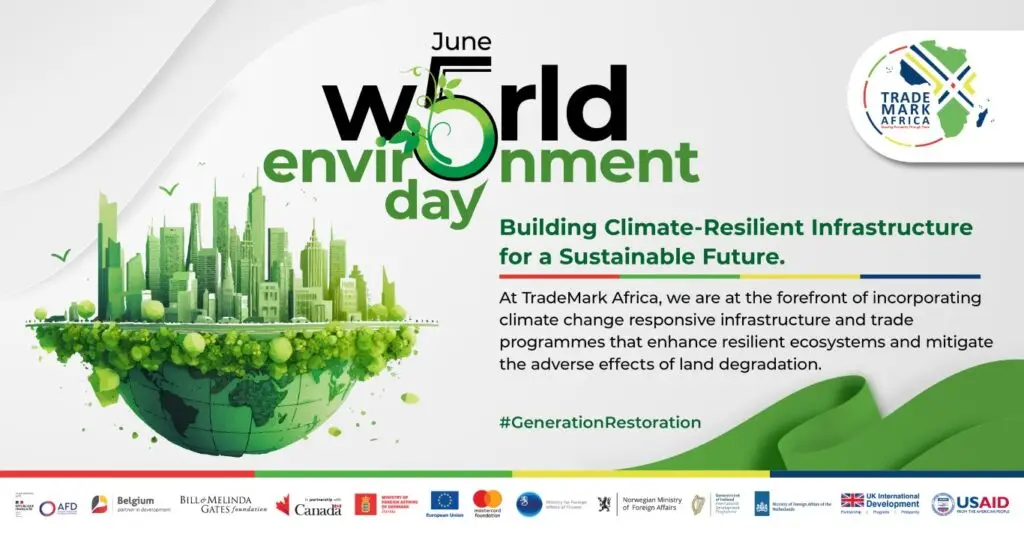
By Trizer Omugar, Ben Mbindah and Njoki Mungai (TradeMark Africa) The United Nations’ World Environment Day (WED), celebrated annually on June 5, marks its 52nd year in 2024 with the global theme, “Our Land. Our Future. #GenerationRestoration.” We emphasise the importance of land restoration to enhance ecological health and productivity by reversing land degradation, halting […]
Danish Development Cooperation Minister Lauds Strides Towards Mombasa Port Improvements
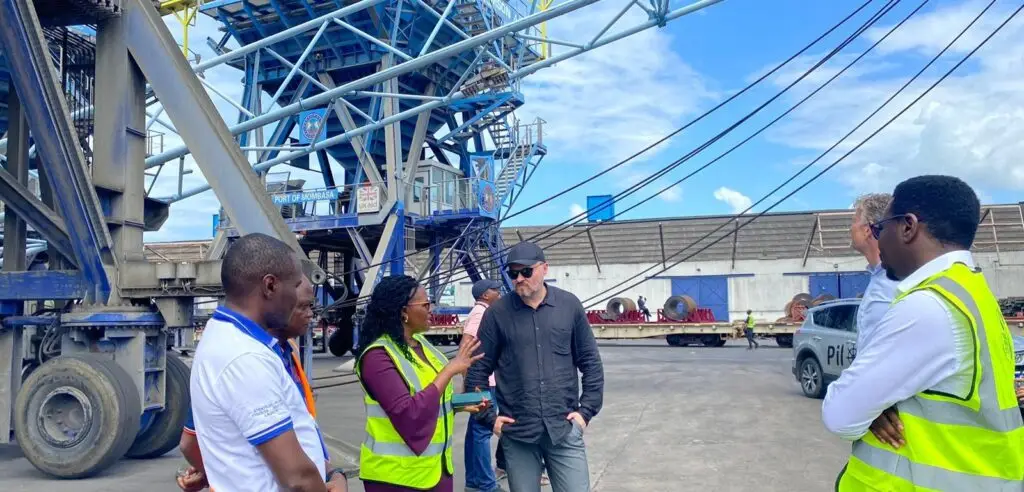
On Saturday, May 25, 2024, Kenya, Kenya Ports Authority (KPA) was honoured to host Danish Minister for Development Cooperation and Global Climate Policy, Dan Jorgensen, at the Port of Mombasa. Minister Jorgensen, alongside KPA MD Capt. William Ruto, Danish Ambassador to Kenya Stephan Schonemann, and TradeMark Africa Director (TMA) for Strategy and Partnerships Anthe Vrijlandt, […]

